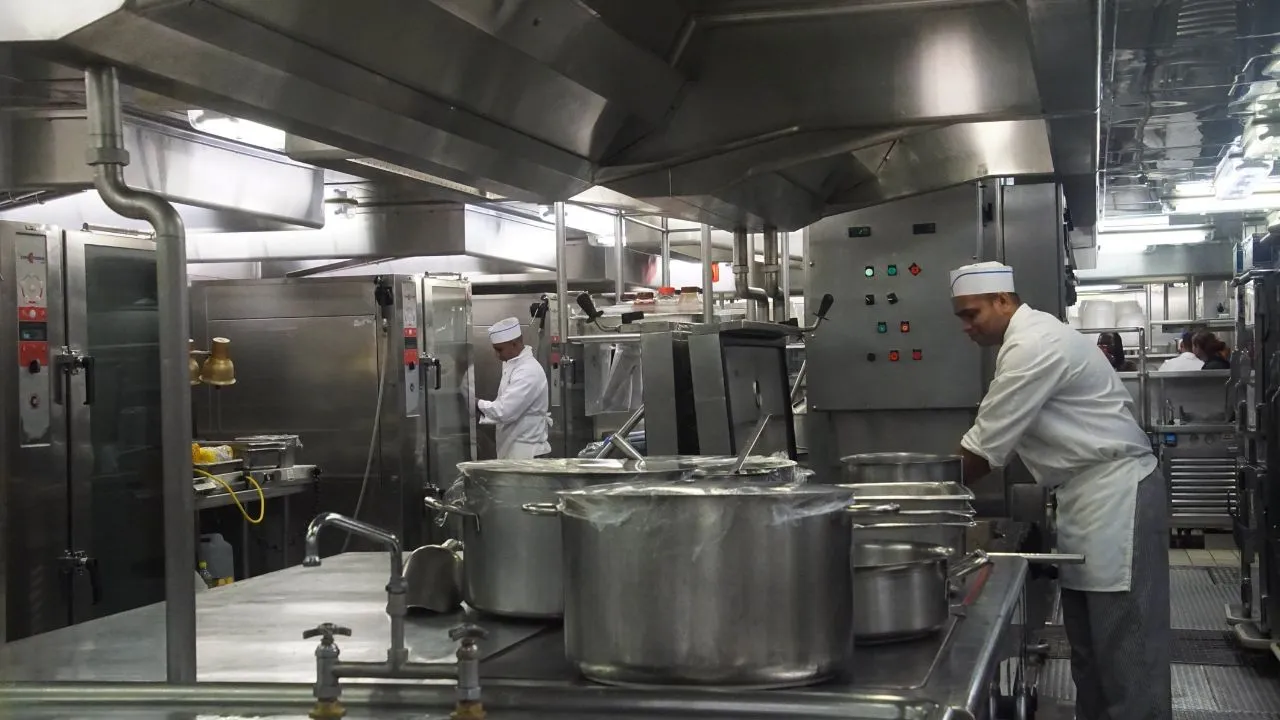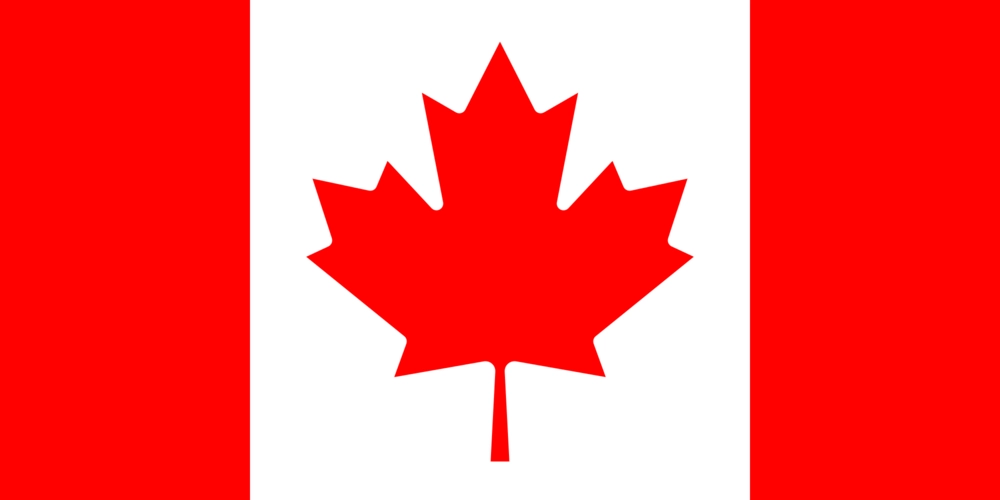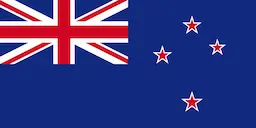Background
A major global cruise line, operating a fleet of luxury vessels each serving thousands of guests daily, faced persistent challenges in their culinary operations. Their deep-frying stations—spread across multiple galleys—were critical to delivering high-quality fried foods on demand. Yet, the cost and complexity of managing frying oil, maintaining consistent product quality, reducing food waste, and optimizing storage space were persistent obstacles.
The cruise line sought a solution that could address these issues simultaneously. After a thorough evaluation, they implemented Frylow, an advanced catalytic device designed specifically for deep fryers.
Objectives
- Reduce Operational Costs:
- Extend the usable life of fryer oil
- Decrease the frequency of oil replenishments and subsequent waste disposal costs
- Improve Food Quality and Guest Satisfaction:
- Produce consistently crispier, better-tasting fried foods
- Reduce the oil absorption of food, lowering calories and improving mouthfeel
- Enhance Sustainability and Operational Efficiency:
- Lower overall oil consumption, reducing the cruise line’s carbon footprint
- Minimize food waste by extending the shelf life of fried products under heat lamps
- Free up valuable onboard storage space by reducing the volume of oil required
- Meet Rigorous Health, Safety, and Regulatory Standards:
- Comply with U.S. Public Health (USPH) standards and Vessel Sanitation Program (VSP) guidelines
- Ensure no additives or contaminants are introduced into the cooking oil
Implementation
Frylow units—small, stainless steel housings containing an advanced inorganic catalytic technology—were installed directly in the deep fryers. The process was simple and required no major operational changes. Each unit weighs approximately one pound and is compatible with standard electric fryers found on most cruise ships.
The Frylow device works at a molecular level to maintain oil quality, slowing polymerization and preventing oil molecules from clumping. This approach keeps the oil “fresher” for longer, resulting in reduced rancidity, improved heat transfer, and more efficient cooking. As importantly, Frylow neither adds nor removes substances from the oil; it works without chemical residues, filters, or complicated software.
Results
- Significant Cost Savings:
By using Frylow, the cruise line doubled the usable life of their frying oil. For example, oil that previously required changing every three days could now last six or seven days. This 50% reduction in oil usage translated into immediate cost savings and a rapid return on investment. With a three-year warranty on the Frylow device, the cruise lines achieved payback in approximately six months. - Enhanced Food Quality & Guest Experience:
Food fried in oil treated with Frylow absorbed less oil and emerged crispier, staying appetizing for significantly longer under buffet heat lamps. Instead of discarding foods after a short two- to four-minute quality window, items like French fries, onion rings, and battered fish remained crisp and appealing for up to 20-30 minutes or more. This improvement led to reduced food waste and higher guest satisfaction. - Sustainability and Space Optimization:
Cutting oil usage in half meant fewer oil drums were needed onboard. Reduced oil inventory freed valuable storage space and less waste oil needed to be held after use. Additionally, the improved heat transfer enabled lower frying temperatures, reducing energy consumption and further minimizing the ship’s environmental impact. - Regulatory Compliance and Ease of Use:
Frylow units met stringent USPH and VSP standards, ensuring full compliance with maritime health and sanitation regulations. With no moving parts, no maintenance, and a simple “drop-in” installation, the device integrated seamlessly into existing cruise kitchen workflows.
Conclusion
By adopting Frylow technology, the cruise line significantly improved operational efficiency, elevated the culinary experience for guests, and advanced their sustainability goals. The direct benefits included a notable reduction in oil and food waste, lower operating costs, improved food quality, and streamlined logistics—all while maintaining the highest regulatory and safety standards.
This case study demonstrates that Frylow can help cruise operators run more profitable, environmentally responsible, and innovative guest-focused galley operations, even in large-scale cruise environments. It’s a true win-win scenario—proving that innovation at a molecular level can drive cost reduction and transform the entire frying operation.






